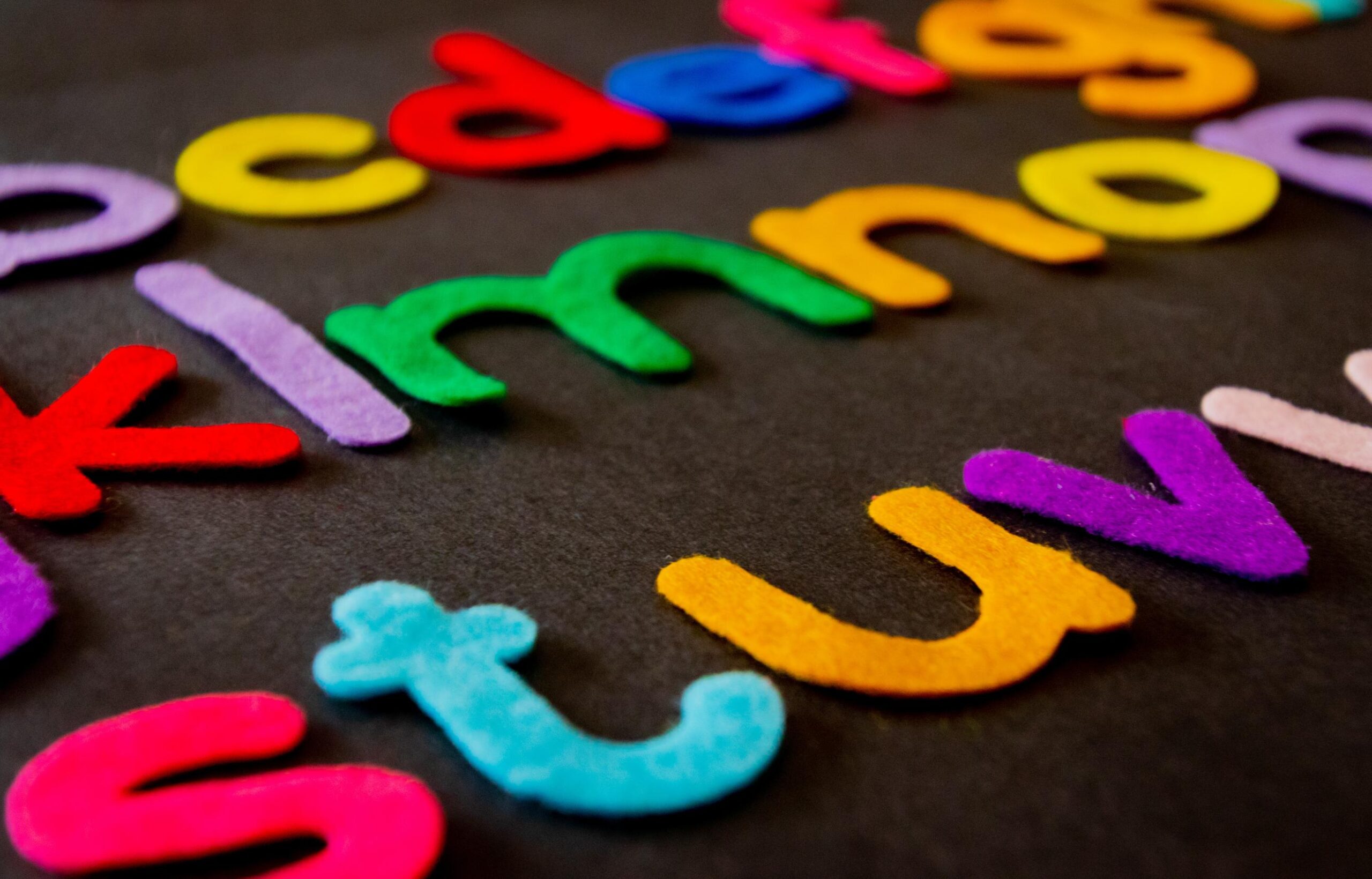
True education is not merely about acquiring knowledge but about embracing a journey of curiosity and growth. It’s a path that encourages critical thinking, creativity, and empathy. Education is not just about memorizing facts; it’s about understanding, questioning, and applying. It is a process that empowers individuals to think independently and contribute meaningfully to society. True education goes beyond textbooks and classrooms; it encompasses a holistic approach to learning and personal development. Let’s delve deeper into the essence of true education and its impact on our lives.
Exploring the Essence of True Education
Education is often seen as a journey towards knowledge, skills, and personal growth. However, the concept of true education delves deeper into the holistic development of an individual, encompassing not just academic prowess but also moral, emotional, and social aspects. Let’s explore the multifaceted nature of true education and why it is vital for cultivating well-rounded individuals in today’s society.
The Foundation of True Education
At the core of true education lies the belief that learning goes beyond textbooks and exams. True education seeks to nurture individuals who not only excel in their chosen fields but also exhibit qualities of empathy, critical thinking, and moral integrity. It focuses on developing not just the mind but also the heart and soul of a person, preparing them to navigate life’s challenges with wisdom and compassion.
Key Components of True Education
True education is a comprehensive process that integrates various components to foster holistic growth. Some key elements include:
- Academic Excellence: While academics are a crucial aspect of education, true education emphasizes learning for the sake of understanding rather than just for grades.
- Character Development: Instilling values such as integrity, empathy, and resilience is essential in shaping individuals who contribute positively to society.
- Life Skills: Equipping students with practical skills like problem-solving, communication, and time management empowers them to navigate real-world challenges effectively.
- Social Awareness: Encouraging a sense of social responsibility and empathy towards others fosters a more inclusive and compassionate society.
The Role of Educators in Fostering True Education
Educators play a pivotal role in shaping the educational experience and fostering true education. Their approach, values, and teaching methods significantly influence how students perceive learning and personal growth. Here are some ways educators can contribute to the cultivation of true education:
Cultivating a Positive Learning Environment
Creating a safe, inclusive, and engaging learning environment is essential for promoting holistic development. When students feel valued, respected, and supported, they are more likely to thrive academically and emotionally.
Implementing Innovative Teaching Strategies
Utilizing diverse teaching methods that cater to different learning styles can enhance student engagement and comprehension. Incorporating experiential learning, group activities, and technology in the classroom can make learning more dynamic and impactful.
Emphasizing Character Education
Integrating character education programs that promote values such as honesty, respect, and responsibility can help instill ethical principles in students. By incorporating moral lessons into the curriculum, educators can nurture well-rounded individuals with a strong sense of integrity.
Benefits of True Education
Embracing true education yields numerous benefits that extend beyond academic achievements. Some of the advantages of nurturing individuals through a holistic educational approach include:
Enhanced Critical Thinking Skills
True education encourages students to think analytically, question assumptions, and evaluate information critically. By honing these skills, individuals become better equipped to make informed decisions and solve complex problems effectively.
Improved Emotional Intelligence
Developing emotional intelligence through true education equips individuals with the ability to understand and manage their emotions, communicate effectively, and build strong interpersonal relationships. These skills are invaluable in both personal and professional spheres.
Preparation for Global Citizenship
True education nurtures a sense of cultural awareness, empathy, and respect for diversity. By exposing students to different perspectives and worldviews, it prepares them to navigate an increasingly interconnected and multicultural society with empathy and openness.
Challenges in Promoting True Education
Despite the undeniable benefits of true education, there are challenges in fostering holistic development within educational systems. Some common obstacles include:
Emphasis on Standardized Testing
The prevalence of standardized testing often prioritizes rote memorization and exam scores over holistic learning and personal growth. This narrow focus can hinder the cultivation of critical thinking, creativity, and emotional intelligence in students.
Resource Constraints
Limited resources, both financial and infrastructural, can pose obstacles to implementing diverse educational programs that cater to the holistic needs of students. Inadequate funding for extracurricular activities, counseling services, and professional development for educators can impede efforts to promote true education.
Societal Pressures
Social expectations and pressures to excel academically or pursue certain career paths can overshadow the importance of character development and emotional well-being in education. Balancing academic rigor with holistic growth requires a shift in societal attitudes towards education.
True education transcends the boundaries of traditional learning paradigms by emphasizing holistic development, character building, and social awareness. By nurturing individuals who embody academic excellence, moral integrity, and empathy, true education equips them with the tools to thrive in a complex and ever-changing world. Educators, policymakers, and society at large play a crucial role in fostering an educational environment that prioritizes the well-being and growth of every individual. By embracing the principles of true education, we pave the way for a more compassionate, inclusive, and enlightened society.
Ex Military Officer Becomes a Teacher and Teaches School Bullies a Lesson | Manhwa Recap
Frequently Asked Questions
### What are the key elements of true education?
True education goes beyond rote memorization and standardized testing. It involves fostering critical thinking skills, promoting creativity, encouraging curiosity, and instilling values like empathy and integrity in students.
### How can true education benefit individuals and society as a whole?
True education empowers individuals to think independently, adapt to changing circumstances, make informed decisions, and contribute meaningfully to their communities. It also promotes social cohesion, tolerance, and overall prosperity.
### In what ways can educators cultivate a environment conducive to true education?
Educators can create an environment conducive to true education by emphasizing collaboration over competition, providing opportunities for hands-on learning experiences, nurturing a growth mindset among students, and embracing diversity in perspectives and backgrounds.
### What role does continuous learning play in achieving true education?
Continuous learning is essential for both educators and students in achieving true education. It encourages ongoing personal and professional growth, adaptability to new challenges, and a lifelong passion for acquiring knowledge beyond the confines of traditional classrooms.
### How can parents and caregivers support the principles of true education at home?
Parents and caregivers can support true education by fostering a love for learning, encouraging curiosity, engaging in meaningful discussions with their children, promoting empathy and kindness, and being active partners in their children’s educational journey.
Final Thoughts
In essence, true education goes beyond acquiring knowledge; it empowers individuals to think critically, empathize with others, and contribute meaningfully to society. It fosters a lifelong love for learning and personal growth. True education shapes individuals into well-rounded, compassionate human beings, capable of making positive changes in the world. Embracing true education is the key to nurturing individuals who can adapt, innovate, and lead with integrity in an ever-evolving world. Let us prioritize fostering true education in every learning environment for a brighter, more empathetic future.








